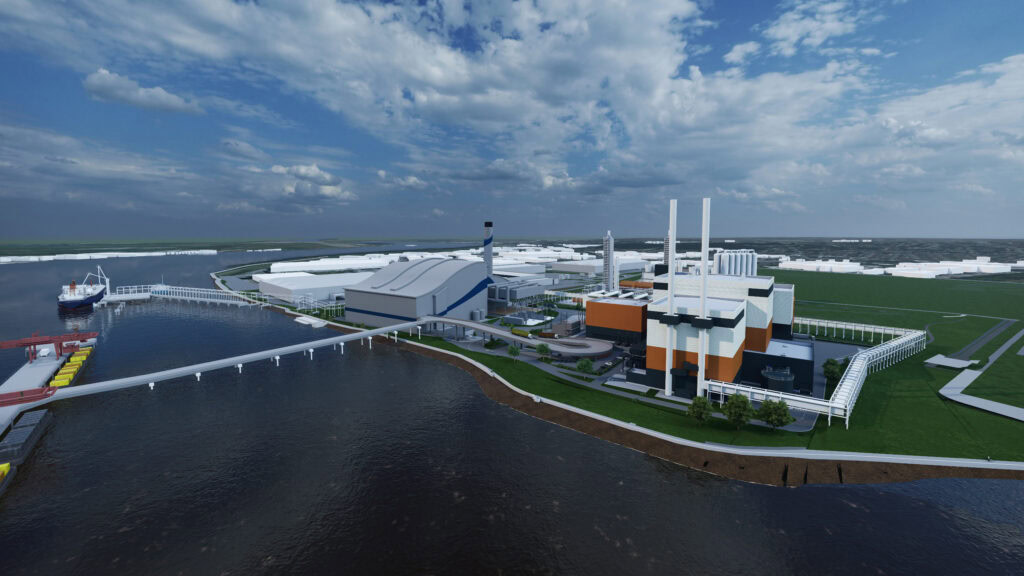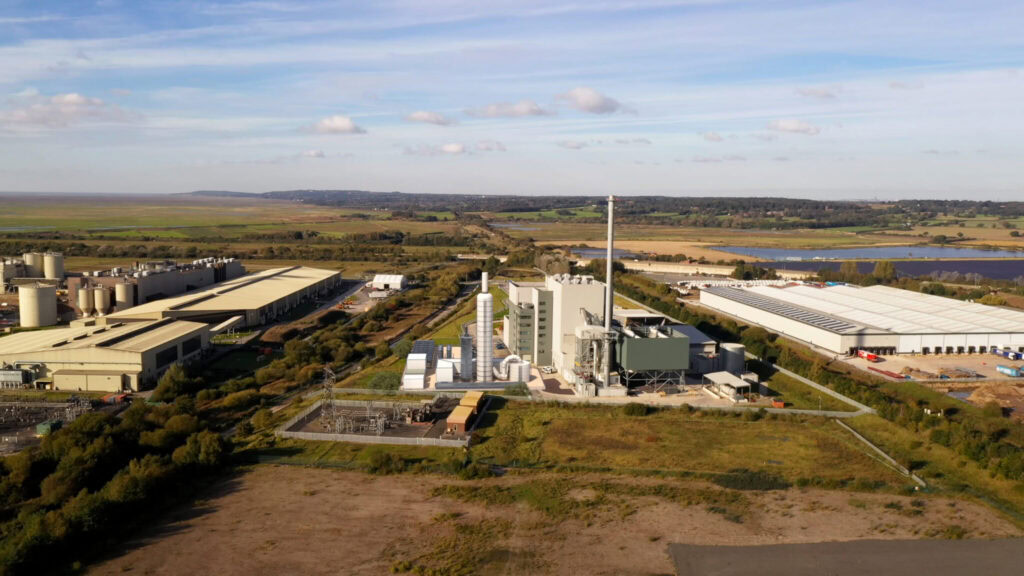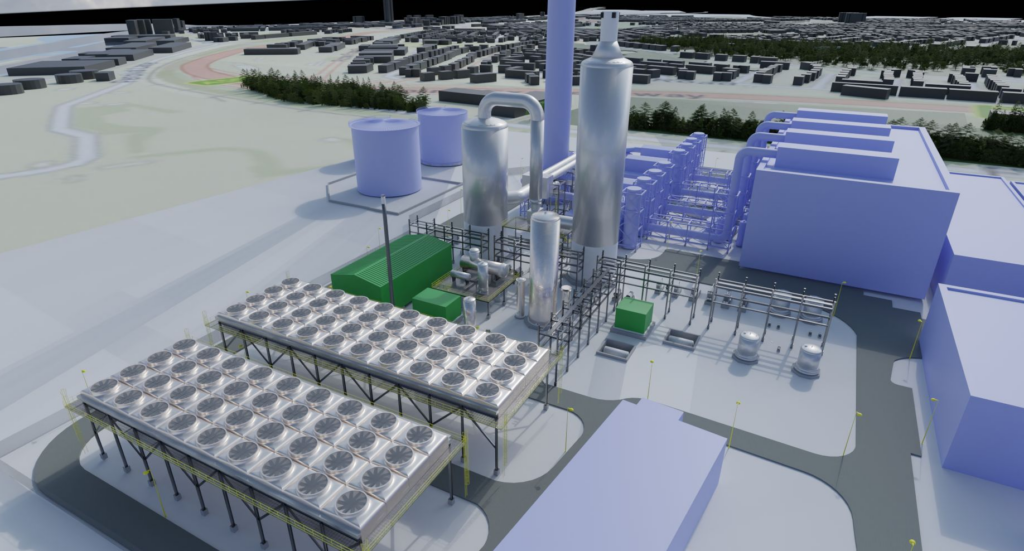Operated by New Earths subsidiary NEAT Technology Group Limited (NEAT), the facility near Bristol is fed using the RDF produced at New Earths 200,000 tonnes-a-year capacity mechanical biological treatment (MBT) facility, located on the same site.
.jpg)
The Avonmouth MBT plant was opened in September 2011 (see letsrecycle.com story) and treats waste on behalf of the West of England waste Partnership, which is made up of Bath and North East Somerset, Bristol city, North Somerset and South Gloucestershire councils, as well as Blaenau Gwent and Torfaen county borough councils.
Mark Scobie, New Earth Groups chief executive, said: We are delighted and proud to be able to provide the West of England Partnership with a complete closed-loop waste-to-energy solution.
The MBT has been operating successfully since 2011 and helps achieve a 95% landfill diversion rate. The addition of ACT allows us to internalise RDF that would otherwise be exported to the continent. We look forward to rolling out NEATs ground-breaking technology in support of our existing facilities and offering other local authorities a complete closed-loop solution in future bids.
New Earth had previously been exporting RDF to Europe for treatment, but the successful completion of the plant in early 2013 means all of the fuel the company produces can be treated locally.
Process
The Advanced Conversion Technology (ACT) plant employs staged and separated pyrolysis and gasification to liberate energy rich gases from biomass-rich waste RDF. According to NEAT, the modular and scalable design of the plant allows it to adapt to local needs rather than requiring a minimum level of waste to be economically viable.
Graham Lockyer, NEATs business development director, said: We see this not only as a breakthrough for NEAT, but for the whole of the advanced thermal waste-to-energy market. The Avonmouth facility proves that pyrolysis and gasification is effective at a commercial scale.
We started hot commissioning the plant in February and since then we have successfully processed 10,000 tonnes of prepared RDF with a cumulative total of over 10,000 operational hours across eight modular Phase 1 thermal units. We are now generating and exporting renewable energy to the grid and New Earths MBT is running on electricity produced from the waste it processed just hours before.
Related Links
Commenting on the MBT and gasification facilities, Mayor of Bristol George Ferguson, said: I was greatly inspired by my visit to New Earths Avonmouth waste and energy facilities. The operations provide a circular economy for the area diverting 95% of Bristol and the surrounding areas residual waste away from landfill and generating renewable energy. It is initiatives like this that have assisted Bristol in its successful bid to become European Green Capital in 2015.









Subscribe for free